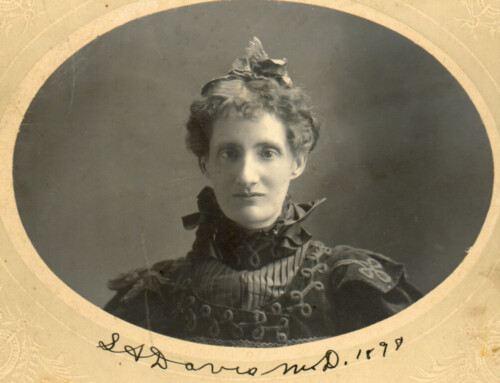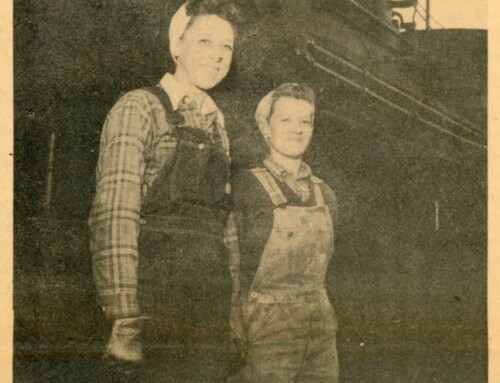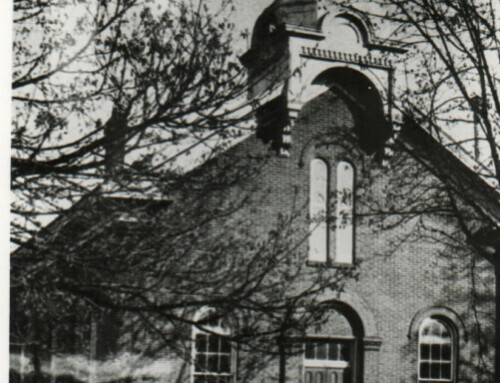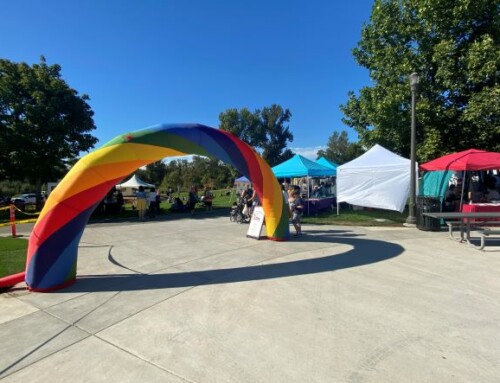Waconda, Hopmere And Quinaby Stations
Looking ahead as we leave Concomly, we find we are approaching Waconda, Hopmere, Quinaby and Chemawa.
The Oregon Electric decided to use famous Indian names in locating the stations along its route. So how did Hopmere get in there? Well, that’s a story in itself, but first, we’ve got to get to Waconda.
You are running through some of the richest farming land in one of the most productive valleys in the world. By the end of the 20th century, 125 marketable crops would be grown in Marion County, through which you are traveling.
Waconda was an old name in the Willamette Valley, originally applied to a community about a mile south of present-day Gervais. However, that little village disappeared, only to be resurrected in the name applied by the Oregon Electric to one of its rural stations. The name apparently was brought to Oregon from the language of the Sioux Indians, meaning, roughly, a consecrated place. Waconda never lost its rural flavor, although a post office was established there in 1912 and its population in 1915 was listed as 177.
The Oregon Electric attached the name Chemeketa to its next station. Chemeketa is the original Indian name for Salem and for the band of Indians who lived there. The people around the new station disliked the name, however, and insisted on calling their area Hopmere, after its principal crop. Lewis A. McArthur, in “Oregon Geographic Names,” calls the name Hopmere “a silly mongrel.”
Every year about harvest time, the travel to Hopmere was heavy, as people loaded their baggage and tents on the Oregon Electric and went to Hopmere and adjacent stations to spend the harvest season in the field picking hops.
Just down the track is Quinaby, named after one of the most colorful Indians in the region. In 1854, when all the Indians in the Valley were removed to the new reservation at Grand Ronde, Quinaby decided life was much more comfortable in Salem. So, despite regulations to the contrary, Quinaby, who was about 50 at the time, mounted his old horse and headed for Salem on the Fourth of July. He arrived shouting praises of the Great White Father in Washington, D. C.
Actually, he expected to share in the barbecue he knew was held annually on that date. Unfortunately, it wasn’t held that year. That didn’t stop Quinaby, who scrounged food from his white friends, reminding them of how he had stood up for the whites in the early days. He lived in Salem for about 30 years, cadging food, conducting Indian gambling games and being generally accepted by the populace. He died about 1885 from overeating.
Written by Wes Sullivan
Bibliography:
See Origins of the Oregon Electric Railway
This article originally appeared on the original Salem Online History site and has not been updated since 2006.







Leave A Comment